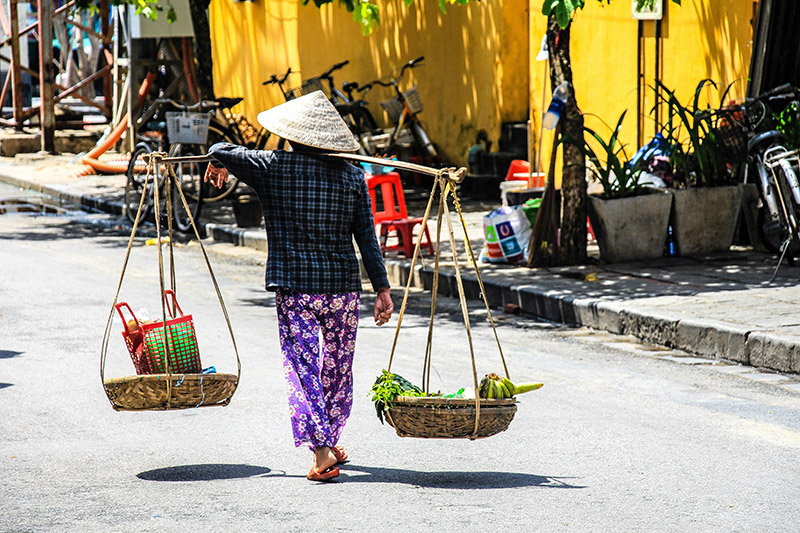Introduction to Vietnam's Culture and Traditions
Vietnam’s culture is a vibrant blend of history, traditions, and customs that have evolved over thousands of years. This cultural tapestry is deeply rooted in the country’s agricultural origins, shaped by Confucian values, and influenced by historical interactions with China, France, and other neighboring nations. Whether you’re exploring bustling cities or remote rural areas, Vietnam’s cultural diversity is something that leaves a lasting impression on all who visit.
Vietnamese Cultural Traditions
Vietnamese culture is centered on community and family, with strong emphasis on respect for elders and social harmony. Traditional values, such as filial piety and ancestor worship, are central to daily life. Many Vietnamese homes have ancestral altars, where offerings are made to honor deceased family members, reflecting the deep reverence for heritage.
Vietnamese festivals are an integral part of the culture, with the Lunar New Year, or Tet Nguyen Dan, being the most important. This celebration marks the arrival of spring and is a time for families to gather, exchange gifts, and pay respect to their ancestors. Other festivals, such as the Mid-Autumn Festival and various local harvest festivals, are also key to understanding the rhythm of life in Vietnam.
Click here to discover best and authentic traditional Vietnamese food.
Unique Aspects of Vietnamese Lifestyle
Life in Vietnam varies between urban and rural settings, but key aspects of the Vietnamese lifestyle include close-knit communities and a strong connection to nature. In rural areas, farming remains a primary occupation, and traditional practices such as rice cultivation shape daily routines. In cities like Hanoi and Ho Chi Minh City, the rapid pace of modernization blends seamlessly with centuries-old traditions, creating a dynamic urban culture.
The Vietnamese diet is another reflection of the country’s connection to its land. Rice is a staple food, while dishes like pho and banh mi have become famous worldwide. The balance of flavors in Vietnamese cuisine—combining sweet, sour, salty, and spicy—is a testament to the culture’s emphasis on harmony and balance in all aspects of life.
Vietnam's Rich Heritage and Arts
Vietnam’s heritage is preserved not only in its traditions but also in its arts and architecture. Pagodas and temples, such as the iconic One Pillar Pagoda in Hanoi, stand as monuments to the country’s Buddhist and Taoist influences. Vietnam’s art scene, from ancient Dong Son bronze drums to modern lacquer paintings, showcases the creative spirit that runs through Vietnamese culture.
Water puppetry is a unique cultural expression that originated in the rice paddies of the Red River Delta. Today, it remains a beloved performance art, captivating both locals and tourists with its vibrant storytelling and traditional music.
Know more about Water Puppetry here.
Conclusion
Vietnam’s culture and traditions offer a window into the soul of the nation. From its familial customs to its ancient festivals and culinary delights, Vietnam’s heritage is as diverse as it is profound. Whether you’re a first-time visitor or a seasoned traveler, immersing yourself in Vietnam’s cultural richness will leave you with unforgettable memories.
















